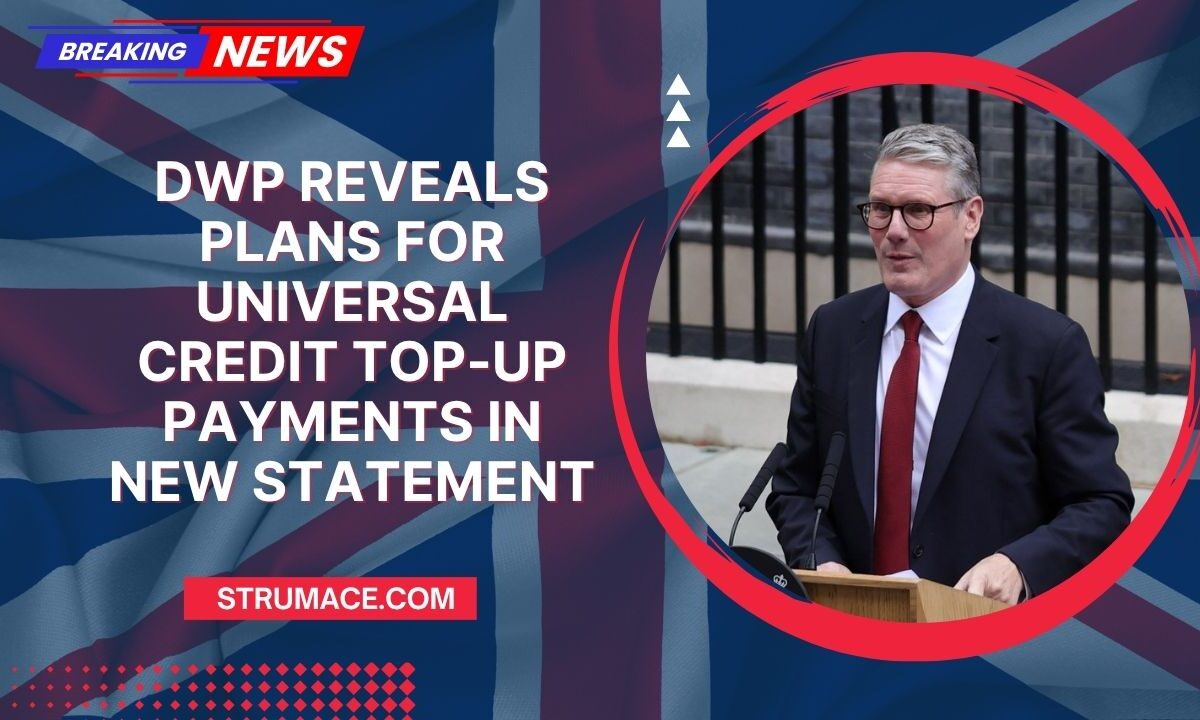The Department for Work and Pensions (DWP) has addressed rising inquiries regarding the possible expansion of Universal Credit top-up support.
The focus centers on whether transitional protection should apply to couples who qualify for Universal Credit upon forming a new household.
MP Fabian Hamilton Raises Expansion Concerns
Labour MP Fabian Hamilton recently questioned the DWP about extending transitional protection rules to cover newly formed couples becoming eligible for Universal Credit.
His inquiry aimed to explore the potential impact of such a policy on lowering welfare costs and optimizing social housing use.
In response, Government Minister Sir Stephen Timms issued a formal statement clarifying the department’s current stance and policy framework.
Current Scope of Transitional Protection Explained
According to Sir Stephen Timms, no evaluation has been conducted regarding the possible effects of broadening the transitional protection rules.
He explained that transitional protection was initially introduced as part of the Move to Universal Credit program, with the goal of maintaining benefit levels for claimants switching from legacy benefits.
“Transitional protection applies to both single and couple households undergoing managed migration to Universal Credit,” he noted.
“However, this does not extend to individuals already receiving the transitional element who experience a significant change in circumstances, such as forming a new couple and submitting a fresh claim.”
Essentially, the protection ensures that those transferring from older benefits do not experience a sudden drop in financial support during the shift to Universal Credit.
This safeguard only applies at the point of managed migration and is voided when claimants undergo major changes.
No Plans to Extend Protection for Newly Formed Couples
Sir Timms further referred to the Universal Credit (Managed Migration Pilot and Miscellaneous Amendments) Regulations 2019, stating that DWP has no intention of amending these provisions to cover couples forming after the move to Universal Credit.
This reaffirms the department’s position that transitional protection remains limited in scope and conditional on the original migration scenario.
Universal Credit Allowance Adjustments: What You Should Know
While transitional protection rules remain unchanged, recent legislation has been approved to increase the standard Universal Credit allowance over the next four years, ensuring it rises above inflation.
However, there’s a trade-off: health-related additional payments will face reductions. Specifically, new claimants eligible for this extra support will be limited to a maximum of £50 per week.
Current Universal Credit Standard Allowance Rates
Here’s a breakdown of the monthly Universal Credit standard allowance as of now:
| Household Type | Monthly Amount |
|---|---|
| Single and under 25 | £316.98 |
| Single and 25 or over | £400.14 |
| Couple (both under 25) | £497.55 |
| Couple (one or both 25 or over) | £628.10 |
The DWP has no current plans to expand transitional protection to newly formed couples claiming Universal Credit. While standard allowance payments are set to rise above inflation, restrictions on additional health-related support will tighten.
Those already on legacy benefits moving via managed migration will still receive income protection, but this cushion will not be available to claimants experiencing a major life change, such as becoming part of a couple post-migration.
As the government implements reforms to control welfare spending and streamline support, staying informed about Universal Credit eligibility and entitlements remains crucial.
FAQs
What is transitional protection in Universal Credit?
Transitional protection ensures that individuals migrating from older benefits to Universal Credit maintain their existing benefit amount if the new calculation would otherwise result in a lower payment.
Will transitional protection be given to couples who form a household after migration?
No. The DWP clarified that transitional protection does not apply if a claimant forms a couple after moving to Universal Credit and makes a new claim.
Is the Universal Credit standard allowance increasing?
Yes, legislation has been passed to ensure the standard allowance rises above inflation over the next four years, though health-related top-ups will face new limits.
